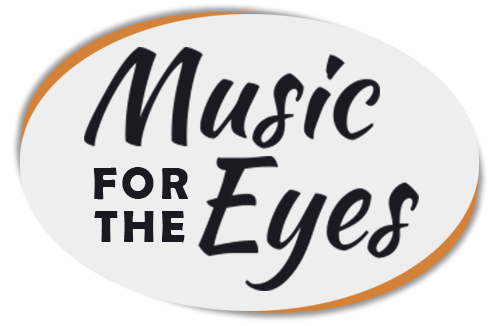In previous trips we haven’t made it down from Marrakesh…and our buying sprees…to the coastal city of Essaouira. This time, however, we faced a day of “shops closed” due to the big Eid El Adha holiday, so we decided to try to find out why our Seattle neighbor Jimi Hendrix liked the town so much. We found out.
Essaouira owes its centuries-old existence to its strategic position along the Atlantic coast. The Portuguese, the first of several European powers to occupy the site, name it Mogador…a wonderfully sinister-sounding word that supposedly was Tolkien’s inspiration for the name he took for his citadel of evil–Modor–in the Hobbit books.
At one time it was called the “port of Timbuktu”, as it was the destination of trade caravans bringing products, including slaves, from black Africa.
Essaouira lies at the crossroads between two tribes: the Arab Chiadma to the north and the HaHa Berbers to the south. Plus they have the Gnawa, who originally came from further south, and who are especially known for a special and respected kind of Moroccan music.
Gnawa music seems like one long song, but is actually a series of chants which describe various African spirits and is used by followers for a state of trance. It is also known by its instrumentation, using large heavy iron castanets known as qraqab and a 3-string lute called a hajhuj. The rhythm is is traditional and hypnotic.
The present fortified seaport of Essaouira dates from the 18th century. It is a wonderfully atmospheric little beach town surrounded by massive crenelated masonry walls. Its houses glow white in the sun with embellishments of that wonderfully bright deep Moroccan blue paint.
As expected, most of the shops were closed for the holiday. We were able to stroll, un-distracted and un-tempted by bargains, along the fishing harbor and through the sunny narrow paths and alleys. Those were filled with the debris of the previous night’s celebrations of outdoor street barbecues. It is the custom for each family or group to kill and consume a sheep for this holiday each year.
Scorched metal bed frames and piles of still-smoking hot coals were often paired with the decapitated sheeps’ heads of the night’s feasts, complete with pitiful open little sheep eyes staring up at us as we stepped around them. Much of the Moslem world eats the entire sheep, including the head, but apparently not the Moroccans.
Most groups of residents out in the streets and alleys cleaning up the mess were not keen on having their pictures taken. We were rebuffed until we heard a boy in a group of street kids playing a harmonica. Fred–who has carried a harmonica in his pocket for over half a century–whipped out his instrument and played along with the young Moroccan to the delight of his friends. They even let us take pictures.
In one of the few open shops, we were finally, at long last, able to score something written in Berber script . We came across wonderful little badges in Berber and French that said “I’m Berber and I’m Proud of It!” We bought them all.
On the road between Marrakesh and Essaouira we came across the iconic photo that is in all the books of a bunch of goats balancing on high branches of an Argon tree eating its nuts…exactly that photo. We screeched to a halt and piled out in awe to take photos after a fee was duly collected by the owner of the goats. The goats were not tethered to their high spindly branches, so we could only imagine that they received a cut of the photo fees their owner had collected.
…and we never found Jimi Hendrix’s stash.











Beaut summary of culture, history and your adventures.
Bronwyn, Chris